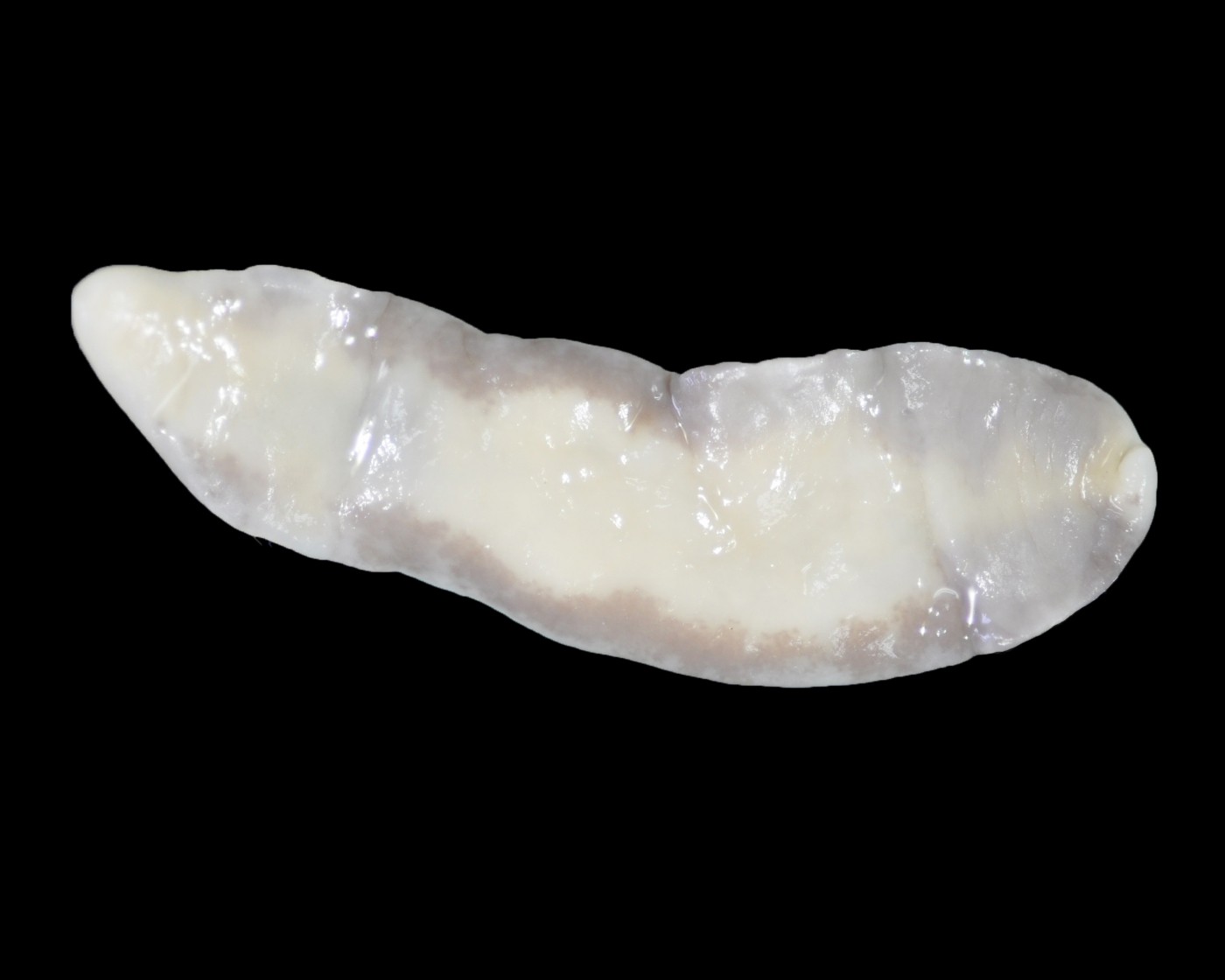Would You Take Parasitic Worm Secretions to Prevent Nervous System Inflammation?
Written by |

Do you have any strong feelings about worms? No, not earthworms you find in the garden, or even roundworms or tapeworms that can sometimes be found in animals and humans. What I am talking about is purposely being infected with parasitic worms.
OK, it may not be as gross as it sounds. Your body would be intentionally infected, by a molecule that is naturally secreted by said worms, in an attempt to prevent harmful over-inflammation of the central nervous system (CNS) often seen in MS patients.
Now, there really can be no doubt that scientists at the University of Technology Sydney (UTS) think they are on to a viable treatment; and so must MS Research Australia — which has awarded the project with $100,000 (Aus$) in funding. But parasitic worms? Really?
As previously reported in Multiple Sclerosis News Today, the scientists are planning to explore the anti-inflammatory potential of the controlled infection in an attempt to stop the excessive inflammation, and in turn, halt MS progression. That is the project’s main objective.
As Dr. Sheila Donnelly, the project’s lead researcher, said: “We are trying to stop the progression of the disease. Our goal is to develop a treatment, which if delivered at diagnosis would stop or slow down the clinical progression to severe disability that occurs in people with MS.”
Donnelly continued: “To prevent tissue damage as they migrate through their human hosts, parasitic worms secrete molecules which dampen excessive inflammation (…) We are using those same molecules to switch off the inflammatory response that mediates diseases like MS.”
Of course, using creatures to aid recovery is not new in medical procedures; maggots and leeches got there first.
Maggots and leeches, now parasitic worms
In maggot therapy, germ-free (disinfected) larvae of therapeutic fly species (medical grade maggots) are used to treat and manage wounds. The maggots are applied to the wound for two or three days within special dressings, to keep the maggots from migrating. Since medicinal maggots cannot dissolve or feed on healthy tissue, their natural instinct sends them crawling elsewhere as soon as the wounds are clean, or the larvae are satiated.
The three primary actions of medical grade maggots on wounds are: to clean the wound by dissolving dead and infected tissue with their proteolytic, digestive enzymes; to disinfect the wound, killing bacteria, by secreting antimicrobial molecules through ingesting and killing microbes within their gut and dissolving biofilm; and stimulating the growth of healthy tissue.
Leeches, no longer used for bloodletting, are used these days to help heal skin grafts — the process for treating burns in which living blood tissue is transferred from one part of the body to another. Leeches are used to help remove blood pooled under the graft and to restore blood circulation in blocked veins. Apparently, they’ve also been used for reattaching fingers and other body parts.
So, if this worm trial is successful, it could eventually lead to the use of parasitic worms to treat MS. But the one major difference that distinguishes the use of maggots and leeches is, while maggots and leeches actually work on the body, the molecule secreted by the parasitic worms would be introduced into the patient’s body.
Maggots cleaning wounds, OK; leeches helping to clean skin grafts, maybe; but a parasitic worm molecule infection, however carefully controlled the infection might be? Let’s just say that I would need some convincing.
Note: Multiple Sclerosis News Today is strictly a news and information website about the disease. It does not provide medical advice, diagnosis, or treatment. This content is not intended to be a substitute for professional medical advice, diagnosis, or treatment. Always seek the advice of your physician or other qualified health provider with any questions you may have regarding a medical condition. Never disregard professional medical advice or delay in seeking it because of something you have read on this website. The opinions expressed in this blog article are not those of Multiple Sclerosis News Today, or its parent company, Bionews Services, and are intended to spark discussion about issues pertaining to Multiple Sclerosis.



annette
Yes I would try it.. if it helps...
Dennis
As long as they don't cause PML
JMad
yup.
Susan Kaminskyj
Would it help secondary progressive MS? My neurologist says that's my 'new normal' and I have been left with no alternatives other than to accept increasing levels of disability.
Heather
I would try it too, after all who knows what we are already filling our bodies with in the drugs we take at the moment.
Sandra Browman
I would try it too, because there nothing else for secondary MS at this point.